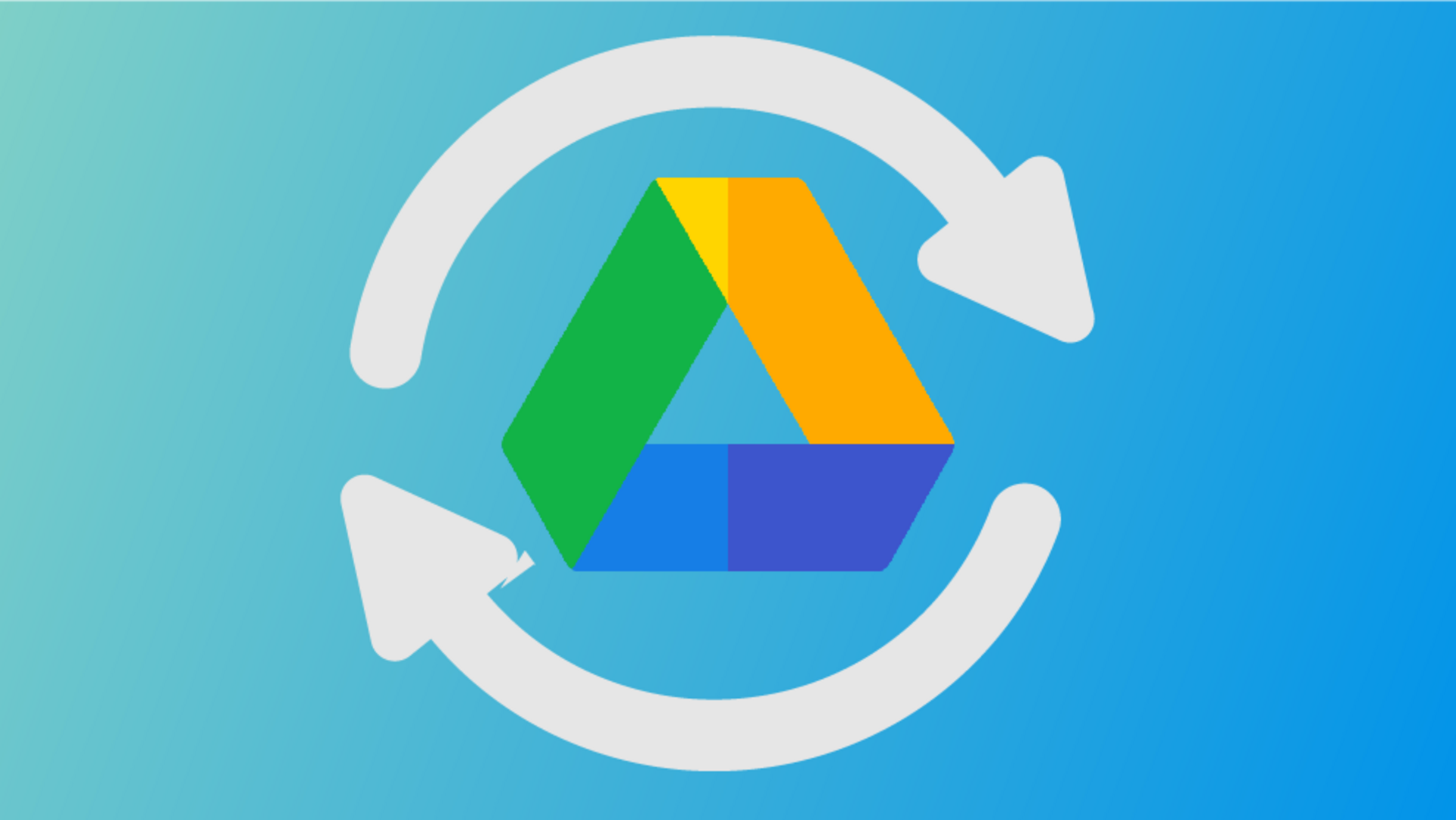
Who needs hard drive? Student runs Linux from Google Drive
What's the story
In a significant accomplishment, Ersei, a computer science student at Purdue University, US, has successfully booted Linux directly from Google Drive.
This innovative project was inspired by his friend's successful attempt to boot Linux from a Network File System (NFS).
"When I heard that a friend got Linux to boot off of NFS, I had to one-up her," said Ersei, who is armed with solid Linux development experience.
Innovative approach
Ersei's strategy to boot Linux
Ersei leveraged his experience to boot the operating system from Google Drive, a platform primarily designed for file storage and sharing.
His strategy involved creating a FUSE (Filesystem in Userspace) RAM disk that could load all necessary OS components, applications, and networking binaries directly from Google Drive during the Linux boot process.
"I had to prove that I could create something harder, something better, faster, stronger," Ersei stated, describing his competitive nature as the driving force behind this endeavor.
Problem solving
Developer faced challenges during the process
The process to boot full Linux OS from Google Drive was not without its challenges. Ersei faced difficulties during this unique endeavor.
He had to navigate through various technical issues, including handling EFI images, pivot_root, and unexpected errors caused by Google Drive's symlinks.
Despite these obstacles, he persevered and tweaked his way through the process.
Testing phase
Successful test of Linux boot from Google Drive
Once the code was ready, Ersei tested it on a spare laptop sans any local storage.
After making final adjustments for display, ethernet, and network settings in a unified EFI file, the laptop successfully booted into a full Arch Linux desktop environment entirely loaded from Google Drive.
Despite some issues with speed and broken permissions and attributes, the system worked as intended.
Future prospects
Potential applications and future plans
When asked about the potential practical applications of his method, Ersei suggested it could be used for booting environments from GIT repositories or SSH connections.
He humorously added that it could allow companies to "leave their unreliable hardware storage behind" and transition fully to the cloud.
As for his next project, Ersei is considering a Nix installation, stating, "The possibilities are endless, despite the middling usefulness."